Who Will Sit on Santa Barbara Unified School Board?
Once Unopposed, Three Incumbents Face Unprecedented Competition from New Challengers
By: Delaney Smith | Published September 18, 2020

The three incumbents running to keep their seats on the Santa Barbara Unified School Board are facing unprecedented competition from five emerging challengers. The race is a stark contrast to 2016, when all three incumbents walked onto the board unopposed.
It’s an eclectic bunch. Incumbents Laura Capps, Wendy Sims-Moten, and Jackie Reid are up against candidates with vastly different political views and criticisms of the district at one of its most turbulent periods in recent history.
Brian Campbell and Elrawd MacLearn are the most conservative-learning candidates — a major difference from the five boardmembers currently occupying the dais. After several high-profile controversies in recent years on issues such as sexual education, ethnic studies courses, and outrage over perceived lack of transparency between the district and parents, these candidates have garnered support from those who felt unheard by the board over those issues.
There is also candidate Monie de Wit, who, despite leaning left and holding views that align closer with those on the dais, has vehemently fought against the district over one issue — literacy. With low literacy and math scores across the district, de Wit has been a community advocate for literacy and students with dyslexia for years before her decision to run.
Candidate Virginia Alvarez is most closely aligned with the current elected board, but she brings with her practical experience other boardmembers don’t have, such as her two decades of experience working in the Montecito Union School District in various roles, including as its chief business official and human resources manager. Alvarez grew up in Santa Barbara Unified’s public schools after arriving here at the age of 7 from Mexico.
A fifth challenger, Sebastian Antonio Fernandez-Falcon, filed for candidacy, but the Independent hasn’t been able to reach him for an interview.
The race is a toss-up. With eight candidates vying for three seats, an incumbent or two may get the boot. The Independent interviewed each candidate to discuss their top issues.
4·1·1 | Join the Santa Barbara Independent for a discussion with the Santa Barbara Unified School District Board of Education candidates on Thursday, September 24, at 5 p.m. live on Zoom. Register at independent.com/forum.
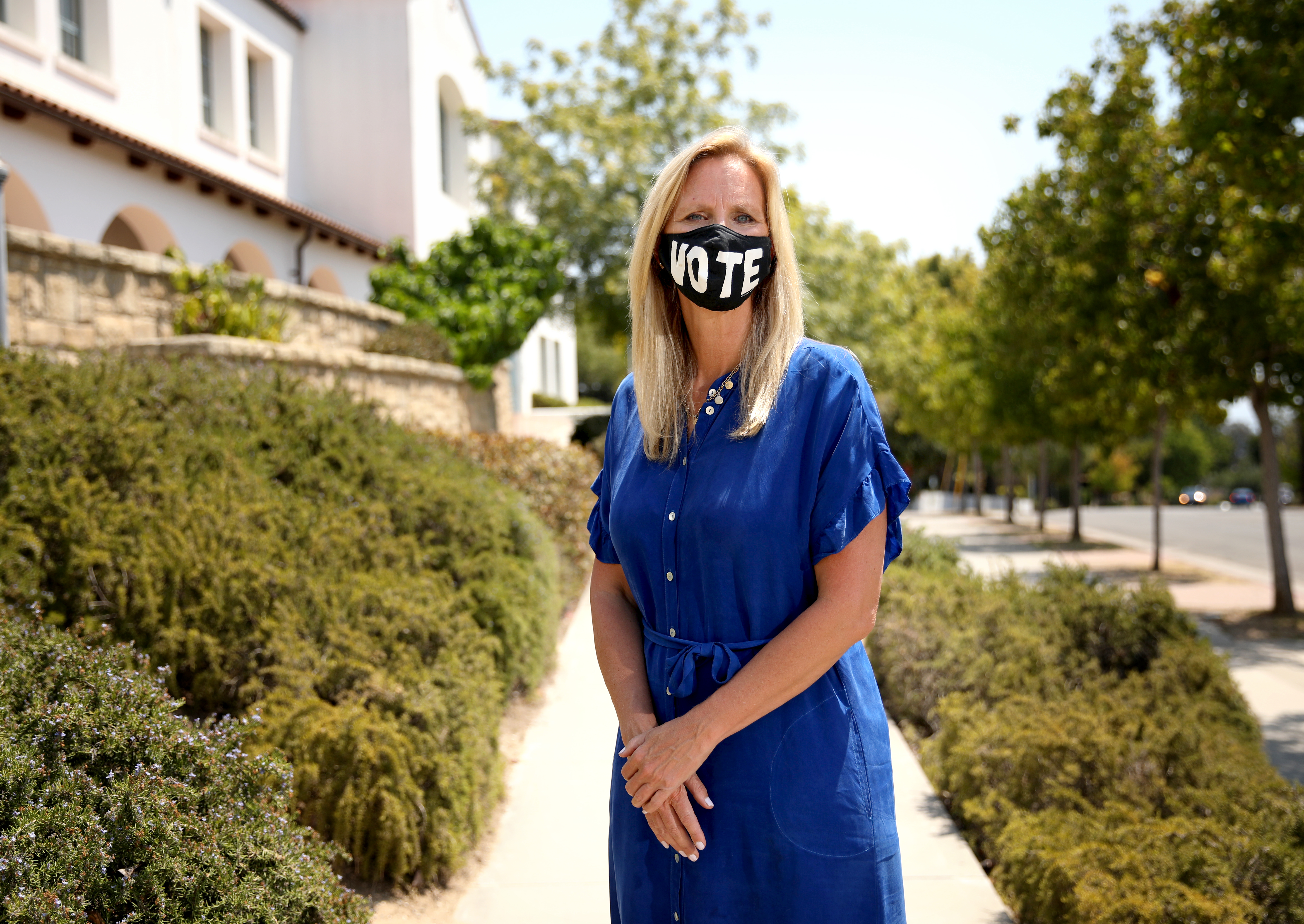
Laura Capps
Laura Capps

Capps currently holds the position of board president and has been most recognized for her efforts in sustainability and reducing child hunger, among other initiatives. The district will soon run on 94 percent solar energy after the board voted to approve a plan to install microgrids at sites throughout the district, an initiative Capps pushed for.
“I’ve gotten complaints that I just care about solar and I don’t care about literacy. To that, I’m like, ‘Okay, do you want another $1 million for literacy programs? Let’s try not spending extraneous money on electricity.’” Capps said. “Our water bills are so high…. To get to 100 percent renewable energy means massive cost savings, which will fund literacy programs.”
Capps is also a large proponent of finding a path toward safe, outdoor education as soon as possible to get students back in school face to face.
“Outdoor education was a reliable solution during the last pandemic in 1918 and in other epidemics, so I’ve been pushing our staff to be as bold and forward-thinking as possible,” she said. “I’ve gone as specific as asking for funding for outdoor canopies and tents at each campus, and I was told by a few principals that that is really happening.”
Capps is endorsed by dozens of individuals and organizations, including Democratic Women of Santa Barbara County, Santa Barbara County Democratic Party, and Congressmember Salud Carbajal.
For our extended interview with Laura Capps, click here.
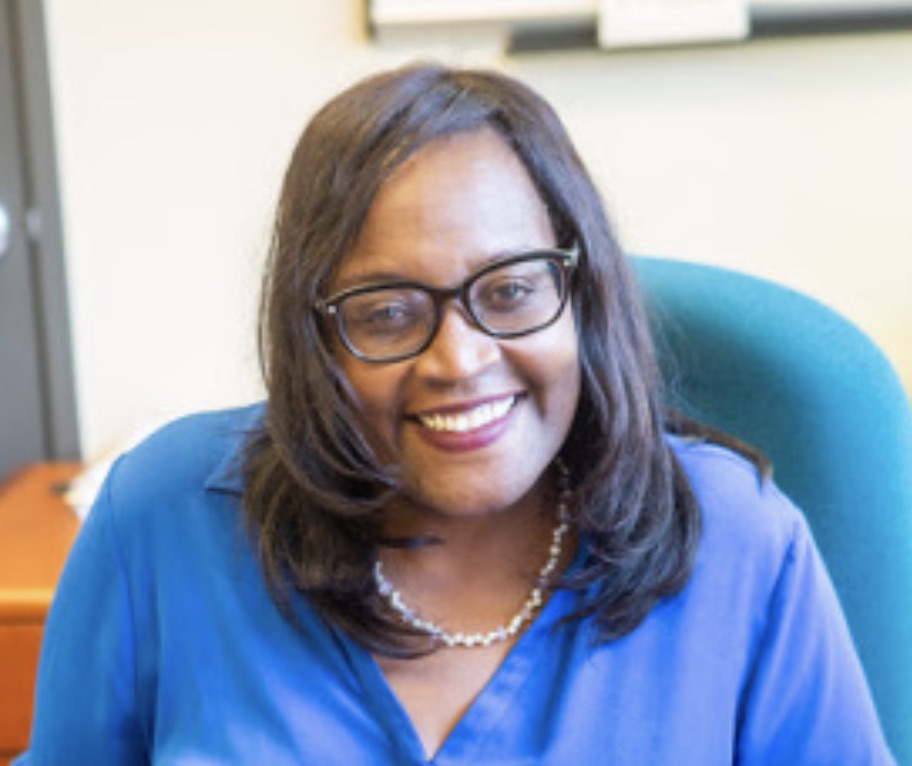
Wendy Sims-Moten
Wendy Sims-Moten

Community involvement is an integral part of incumbent Sims-Moten’s life, which is why she is pursuing a second term to continue her efforts and help lead through the COVID-19 pandemic. As the CEO of the First 5 Commission, she understands the importance of reaching children and families young.
“For me, asking the question ‘Where do we start?’ is essential,” Sims-Moten said. “There’s always a beginning, and we start much stronger at the beginning. We’re gearing up in our early learning…. That’s huge for me. We have to make sure that the younger ones are there because that’s when they are optimal to develop and retain it.”
Sims-Moten said connecting with parents and families as early as possible is vital to a student’s success not just academically but socially, too.
“The earlier we engage with our parents and students, the better,” she said. “Right now, we have a lot of focus on racism, and those impressions are formed early. So how do we talk about it? Kids are not born saying, ‘I don’t like you because of your color.’ It’s more like, ‘I like you because we can play together in the sand and you like that truck and I like this truck.’”
She reflected on her own childhood growing up in a Black family and her mother’s drive to defy expectations in the ’60s that she would only work as a housekeeper, instead going to college and becoming a nurse. She said part of her role on the school board is keeping the same expectations high for all students regardless of who they are and to begin as early as possible.
Sims-Moten has also been known for her commitment to fiscal responsibility, usually being the boardmember most concerned about the financial impacts of district projects and programs. She said she hopes to continue playing that role in her second term.
For our extended interview with Wendy Sims-Moten, click here.

Jackie Reid
Jackie Reid

Reid, who’s running for reelection this November, has teaching woven into her DNA. Her father was a professor at UCLA, and her mother was a music teacher. She said her father told her to “work hard and get your education, but then you have to give it back,” and that’s exactly what she did.
Reid holds a master’s and a PhD in education from UC Santa Barbara, was a classroom teacher, and is currently a teacher educator. She has used her education to give back to students facing barriers to education, like when she co-launched her nonprofit, Teachers for the Study of Educational Institutions (TSEI), in 2012, which aims to engage teachers in a push to provide more opportunities for all students to learn at grade level.
Reid’s more important moves over her four-year term were her leadership on the High School Graduation Requirements Committee to establish ethnic studies as a graduation requirement and her support of initiatives to support equity.
“Four years ago when I decided to take the leap, it was because I was concerned that there were three open positions and I knew that the board [at that time] had been driving equity, but it was still at a really stagnant pace,” she said. “One of my main goals was to have ethnic studies be a high school graduation requirement.
“Now that we have it, my concern is that I don’t want to see all the work that we have done to get this far to have it removed or pulled back or delayed. And that’s a main motivation to rerun. There are people out there, we know, who are seeing this [ethnic studies] as a detriment, when in fact it is going to ensure achievement for our students.”
For our extended interview with Jackie Reid, click here.

Virginia Alvarez
Virginia Alvarez

If Alvarez is elected, one thing will be for sure: Sims-Moten wouldn’t be the only person with a fiscal-first approach on the dais. Alvarez has worked in the Montecito Union School District for nearly two decades and in the Santa Barbara Unified School District before that. She learned English in district schools, graduating from San Marcos High School.
“I’m the chief business official and human resources manager at Montecito Union,” she said. “But what does that mean? I’m responsible for all of the fiscal services in the district, budget preparation, payroll, you name it. I also manage the human resources portion of it. I’m the only bilingual candidate with that sort of experience.”
The decision to run has been a long time coming for Alvarez, who said she knew she could only commit once she had done her due diligence and could give 200 percent to the role. Now, she said, she is ready to give it her all.
“There is a great need at the board level to have someone with my background,” she explained. “I already have a career; I don’t need a career. I want to serve my community. I care about Santa Barbara, and I’ve lived here most of my life. My kids went through the school system here. My parents still live here.”
For our extended interview with Virginia Alvarez, click here.
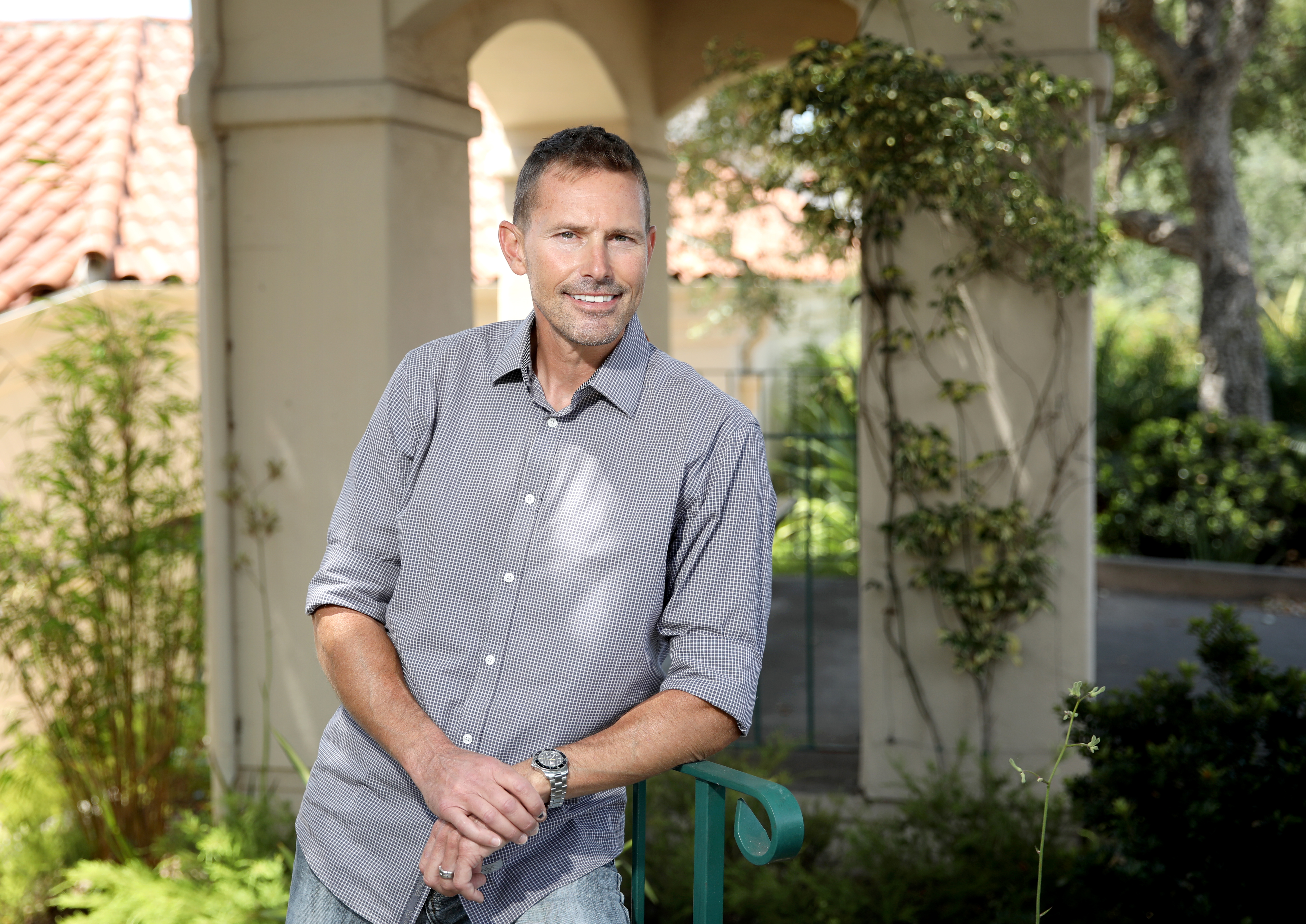
Brian Campbell
Brian Campbell

Campbell wears many hats — including father, real estate agent, and attorney — but he’s looking to juggle an additional role. Campbell is running for one of three open seats on the Santa Barbara Unified school board after he tried his shot at running for Santa Barbara City Council last November and lost.
“The main issue [I’m running on] is literacy and educating the children,” Campbell said. “I’ve been volunteering in the classrooms for nine years.… It’s been very disheartening for a few years now to see when our [Campbell and his wife’s] kids spend time with other kids in 3rd, 5th grade, and the kids can’t read or write English with any proficiency. It’s frightening.”
And when it comes to literacy reform and turning around the district’s overall low literacy and math scores, Campbell said the district needs to explore already successful models and get tips from those rather than reinventing the wheel. He pointed to Santa Barbara Unified’s own Franklin Elementary as an example, which has seen a rise in scores over recent years. Campbell said the district should be trying to duplicate these kinds of success stories.
He is also a large proponent of safely reopening schools as soon as possible because of the other negative side effects of continuing to keep school virtual, including an increase in youth gang violence, suicides, and general hardship on children.
For our extended interview with Brian Campbell, click here.
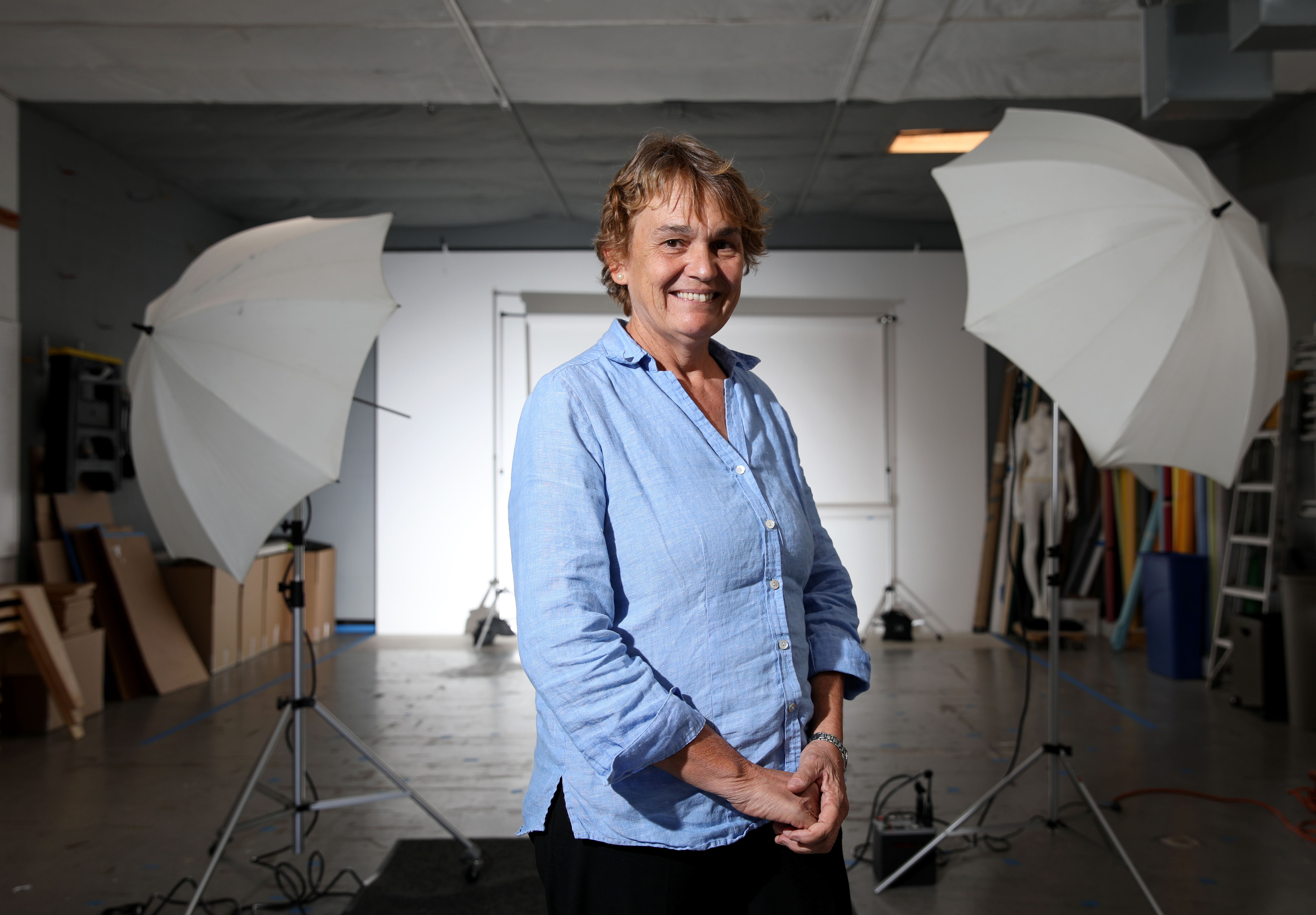
Monie de Wit
Monie de Wit

Perhaps de Wit is most known for her unwavering advocacy for dyslexic children, her main motivation for running. As a dyslexic woman herself who raised a dyslexic son in Santa Barbara, the issue is very close to her.
“I think I am uniquely qualified to help the district close the achievement gap and address what I see as a civil rights issue — literacy is a human right,” she said. “…I’ve been begging the district to do this one simple thing, which is to get rid of that Lucy Calkins reading program. That program only works for some people. It’s basically a way for people to guess at a word. Our district and our whole county has the same problem: Reading scores are going down with Lucy Calkins.”
De Wit said she is extremely concerned about the school-to-prison pipeline, and her goal is to ensure all students have access to a quality education and literacy so that they have options for success. Without these, many turn to poor life choices, she said.
“We have to stop the link between the education system and the judicial system,” she said. “La Cuesta has 4 percent literacy. I know people from La Cuesta, and you know where they go? Los Prietos [Boys Camp, a juvenile detention facility]…”
She said she is committed to making communication more transparent on the board and advocating for literacy reform and equitable opportunities for all students and families.
For our extended interview with Monie de Wit, click here.
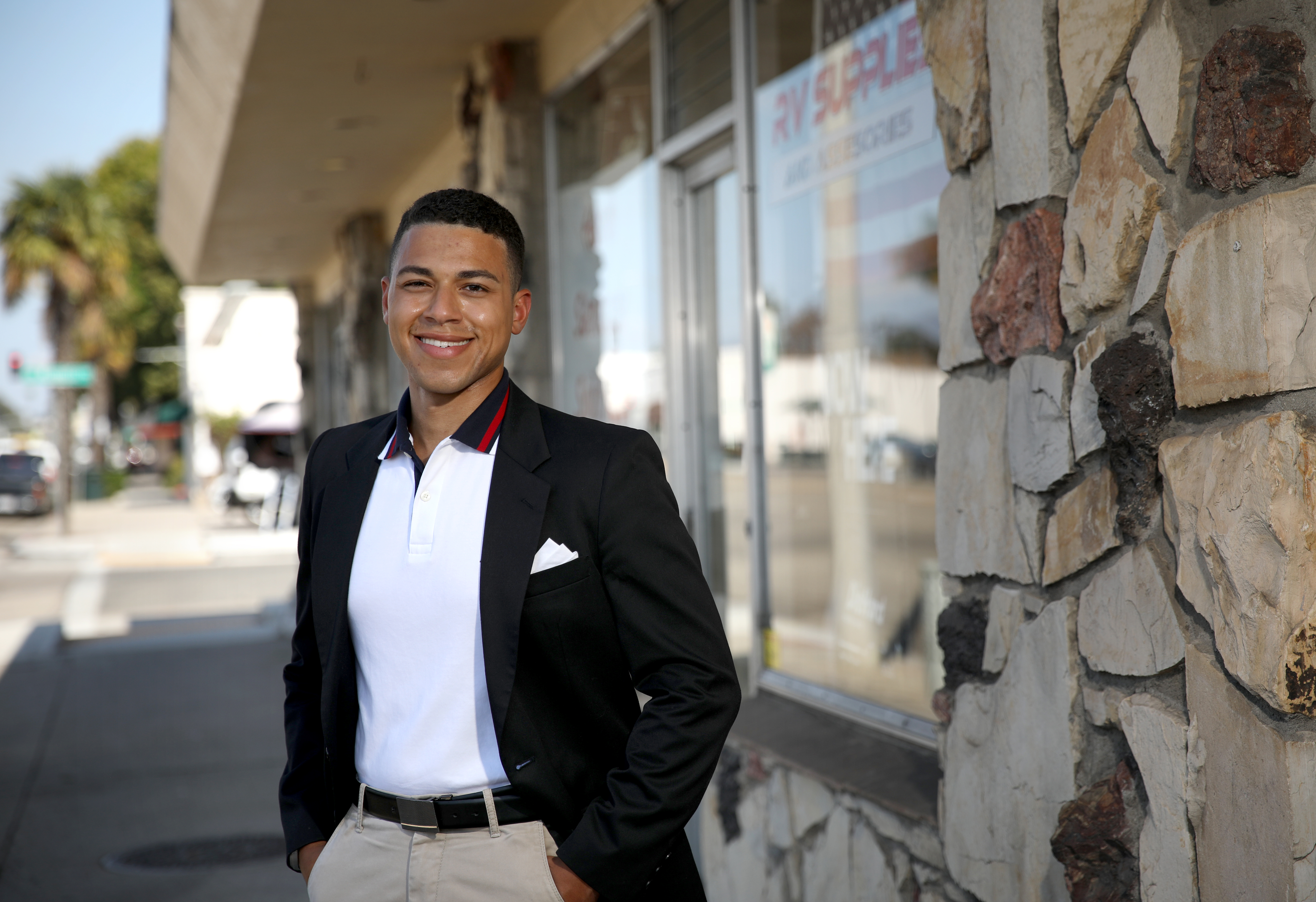
Elrawd MacLearn
Elrawd MacLearn

He doesn’t have kids of his own, but 27-year-old MacLearn is the third eldest of 11 siblings and had to play the “de facto parent and teacher” role for years with his brothers and sisters. Between his youth and practice playing father and teacher, he said he has the most unique understanding of what constituents want from their district.
“As an elected representative, my job is just to convey the desires and the will and the purpose of the electors,” MacLearn said. “…For example, there have been multiple issues that have been brought towards the board, and a lot of parents showed up, and the board was like, ‘No, we’re going to do something different.’ … Number one is that I am for parental involvement.”
MacLearn is a county health inspector, a job he landed after moving here from Los Angeles, where he obtained his biology degree at UCLA. Though he didn’t grow up in Santa Barbara Unified schools, he said that his and his siblings’ poor experiences with other public schools has given him the understanding needed to represent constituents.
“I know that some people will say that’s your experience and that wasn’t Santa Barbara Unified,” he said. “And I will say this: That school system was vastly better rated than Santa Barbara. If we look at the scores and proficiency levels, we’re barely making it overall.”
For our extended interview with Elrawd MacLearn, click here.

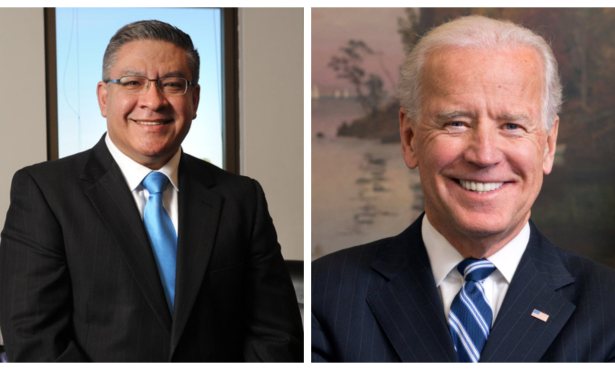
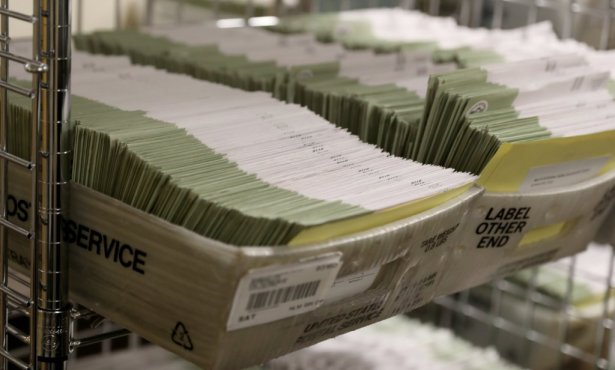
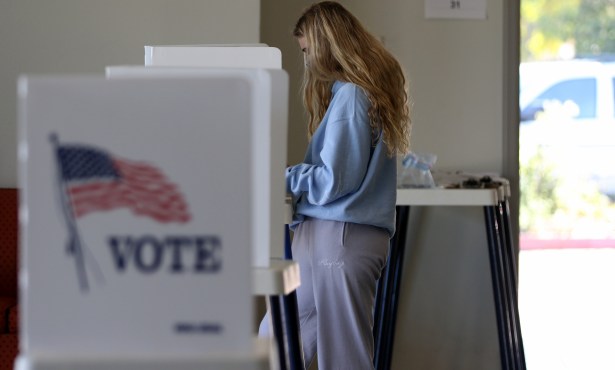
You must be logged in to post a comment.